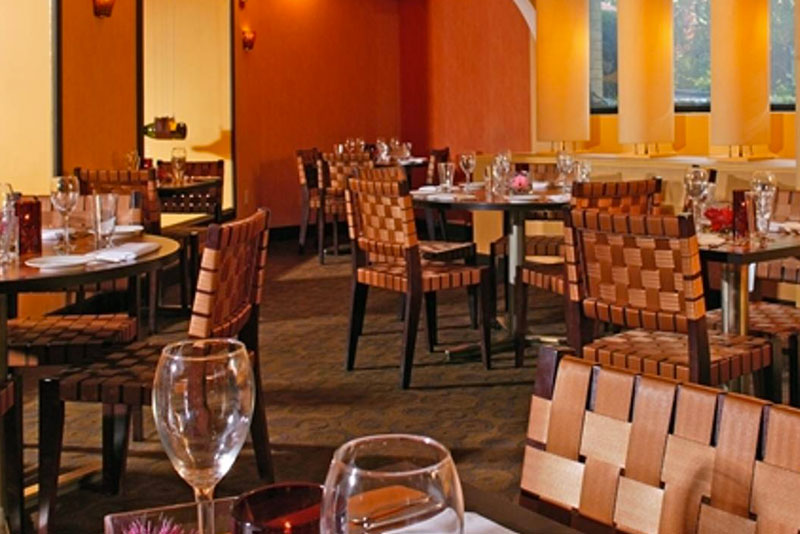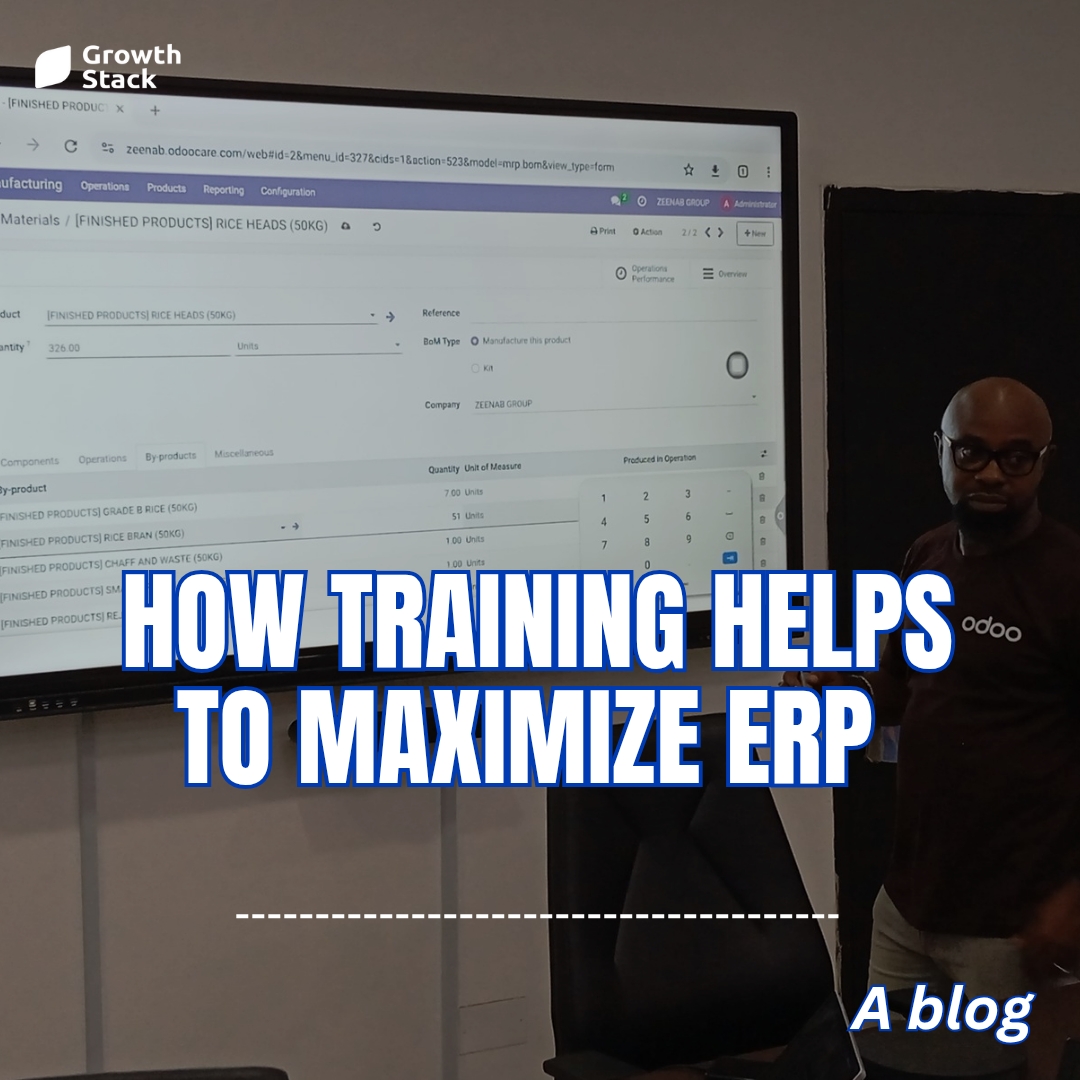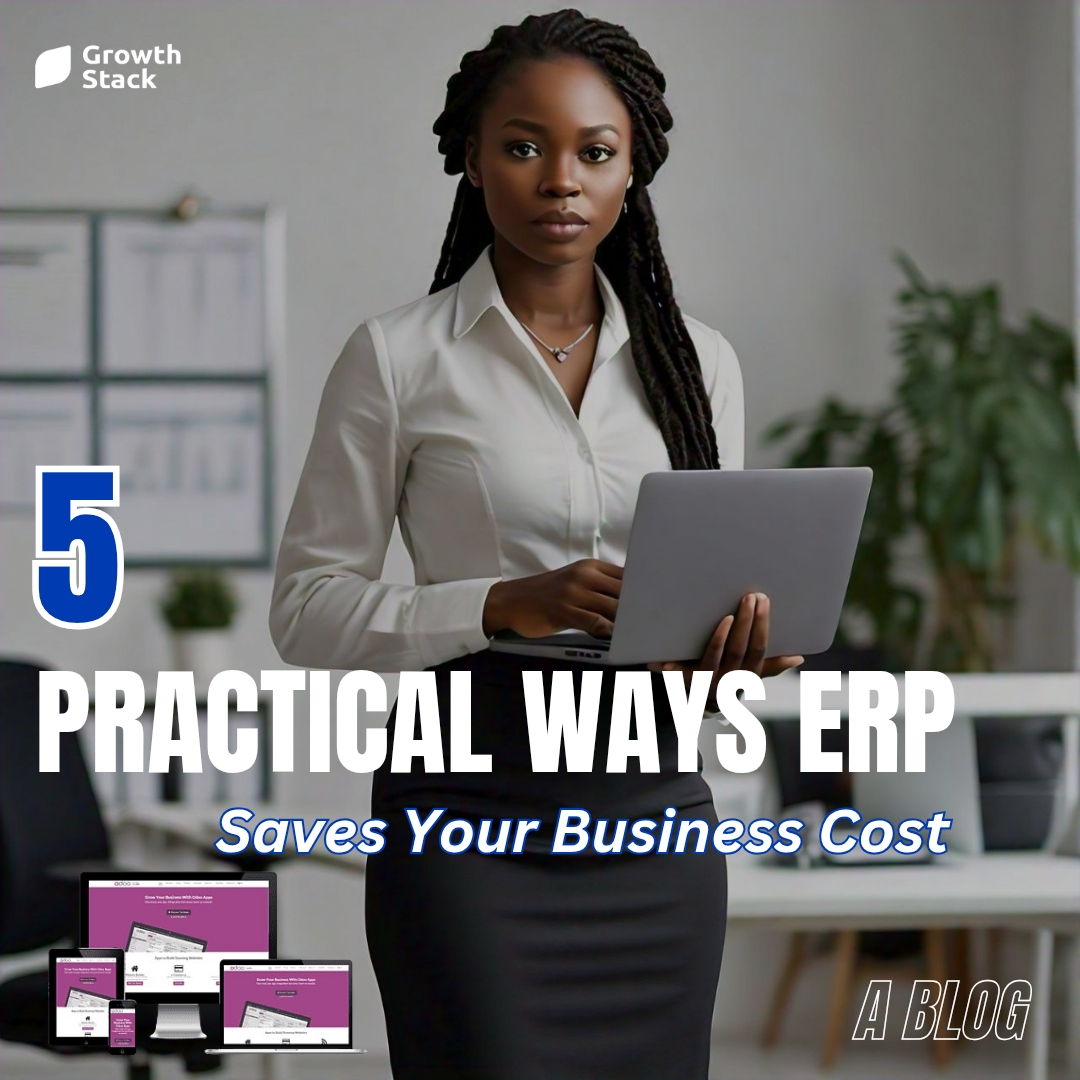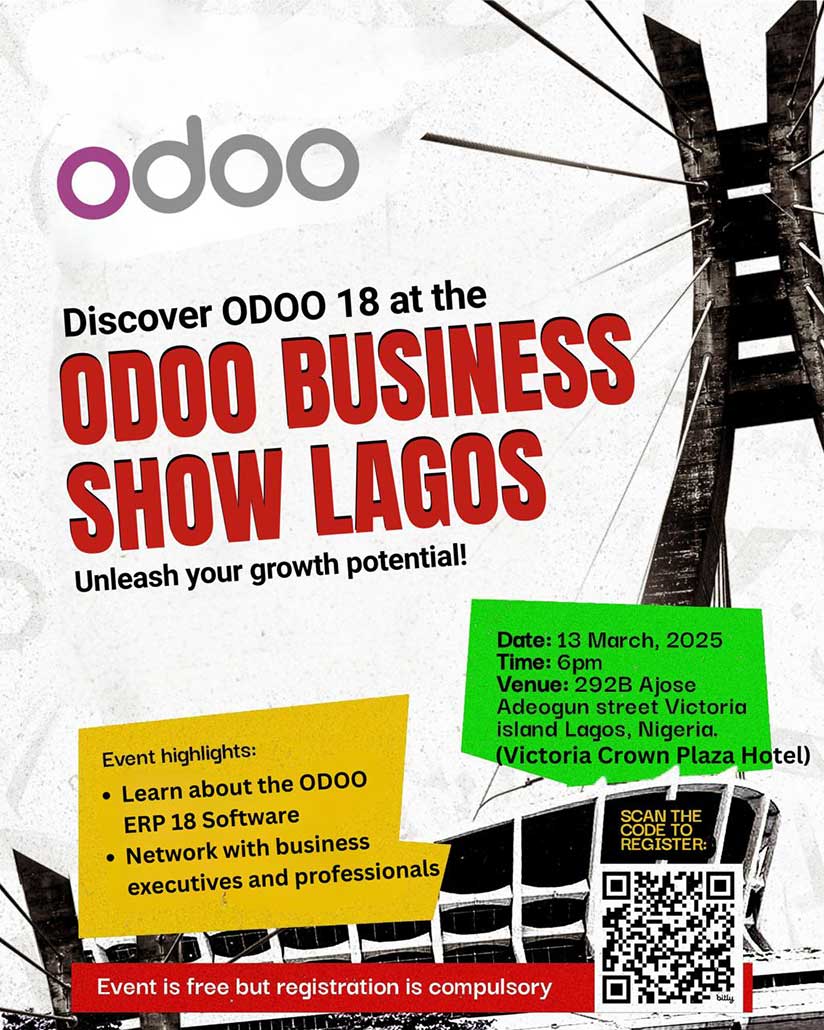Importance of Enterprise Resource Planning (ERP) for Restaurant Inventory.
Enterprise Resource Planning (ERP) systems are used by restaurant operators for inventory control and real-time low stock alerts. For instance, when chefs request an item, their ERP systems’ stock counts automatically show a rise in inventory. Additionally, an ERP system will alert a management to restock when inventory levels drop below acceptable levels and may even automatically place an order with a supplier.
In order to deploy an ERP, businesses must take the time to assess the resources they already have and the operational skills needed. After the system has been carefully developed, business owners must decide if they have the time, money, and, most importantly, the knowledge to follow workflow protocols.
The ideal result is obtained by accessing these measures. If an ERP system cannot be integrated into a company’s everyday operations, if owners are likely to lose patience waiting for results for more than a month, or if clients lack the internal resources to develop and maintain an ERP system, managers will squander money Inventory control is mostly based on three factors:
- Food expenses, even when products are bought from suppliers, are under control.
- Control of Outflow: time and expenses of purchases, including when to sell dishes and when to discard food for whatever reason.
- Stockpile: Product value in storage
The ERP will make an effort to control the inflow. It will require proper ingredient costs to do this. Within most ERP systems, a phrase known as “Three-Way Match” is frequently employed. Before approving payment to the supplier, Three-Way Match makes an effort to make sure that the Purchase Orders, Delivery Orders, and Invoices match one another.
Second, Control of Outflow is something that every ERP system aims to do. Here are a few things to look out for.
-
Recipe Control.
A recipe card module is present in the majority of Point of Sale (POS) systems. ERP systems have modules that are comparable. When first implementing the system, managers should install these modules. If a restaurant constantly changes its menu, managers should consider whether or not to build up recipes, which might be time-consuming or useless. For instance, fine-dining and seasonal restaurants frequently modify their menus.
One of the most challenging aspects of an ERP system for a restaurant is maintaining all recipe cards up to date.
-
Food Loss.
Most ERPs need two data points to be captured in the system addressing food waste.
- Whole good expiration: This date frequently corresponds with a staff member’s discarding action. Prior to discarding the item, staff must enter the expiration date into the ERP system. Managers must mandate that all employees update the ERP on a regular basis.
- Food rotting during preparation: Staff members may have thrown away some meals. The ERP is simply where staff members record these incomplete item discards.
-
Free meals and upgrades.
Every restaurant has times when management will give devoted patrons complimentary food or drinks. Similar to this, there are times when things are “refunded” for unhappy customers. All of these acts must be documented by staff in the ERP. Restaurant managers who use recipe modules should also keep track of any products they offer to clients that are not on the recipe card.
In conclusion, a restaurant that is willing to commit to the long-term advantages of automating inventory management can profit from an ERP system.
- An ERP installation needs a committed project manager who will implement new procedures.
- Owners need to have three to six months of patience to reap the rewards of lower worker hours.
- An administrator will eventually need to perform some continuous maintenance on an ERP to keep the system current.
- Last but not least, management must make a commitment to educating personnel about the ERP system by strictly enforcing its use.
- An ERP system cannot reduce work hours without the use of these procedures.
Find out more right now.
The Odoo ERP system may assist you in achieving increased process transparency, which is required for long-term remote working to be successful. We are an international team of ERP business improvement system specialists who create and market ERP solutions for a variety of industries. We can assist you in creating the ideal ERP solution to support your remote working endeavors. To learn more about Odoo ERP and how our solutions may help your company achieve the advantages outlined above and more, get in touch with us right now.













